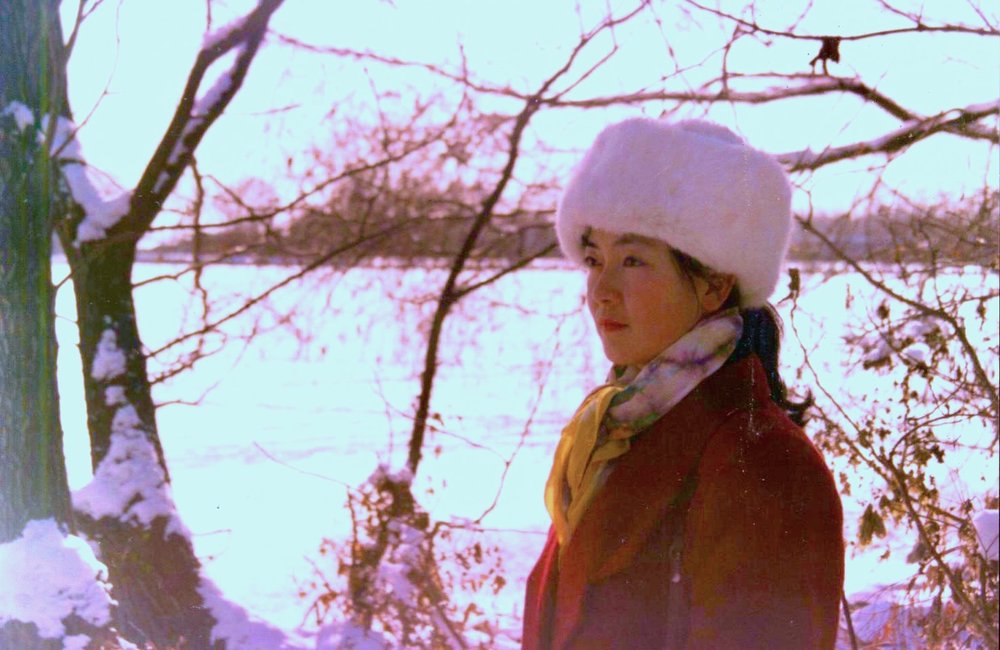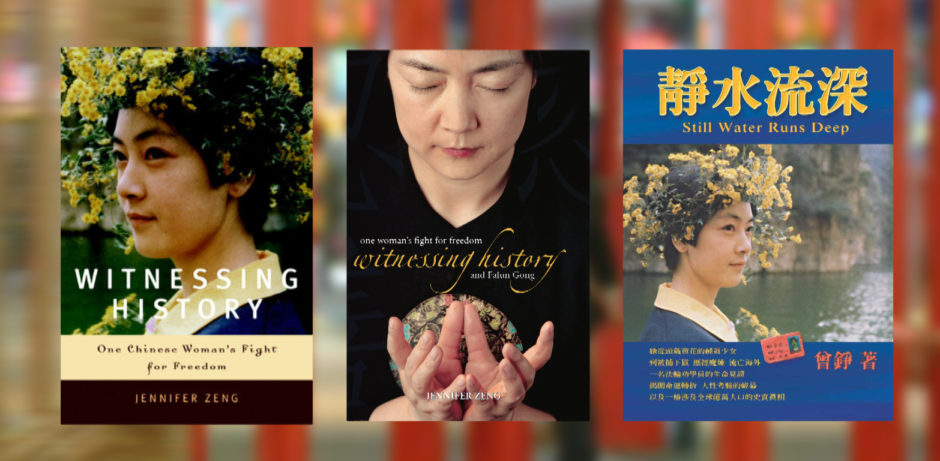In 2001, I fled China to Australia with a 3-month business visa after being tortured nearly to death in Beijing female labor camp for practicing Falun Gong.
2001年,我因修煉法輪功受迫害,持三個月的商務訪問簽證從中共國逃往澳洲;
In 2003, I obtained a refugee visa from Australian government.
2003年,我在澳洲獲得難民簽證;
In 2011, I came to the U.S. with a journalist visa;
2011年,我持媒體簽證從澳洲來到美國;
In 2019, I obtained an EB-1 visa (granted to foreign nationals who can demonstrate their extraordinary ability in the sciences, arts, education, business, or athletics through sustained national or international acclaim) from the U.S. government.
2019年,我在美國獲得傑出人才簽證;
However, I didn’t feel much joy for being recognized as “an outstanding person”. What concerns me more is this: When can I go back to China without a visa? I’d rather celebrate the end of the persecution of Falun Gong.
我何時能不用簽證,回到中國啊?
At the same time, I remembered Yuan Xi’s poem below, translated into English by me:
此時此刻,從「難民」成爲「傑出人才」的我,心中沒有歡愉,反倒想起了元曦的這首《無題》:
Untitled
Of grandeur and glory
The play of China’s five thousand year history might be
Yet why do I feel so sad and lonely?
Endless stories and tragedies cannot all be written down
Even after oceans have turned into dry lands
Vicissitudes and tribulations are still here with us.
Once deeply involved in the play
Where are you and I today?
Closing my book, I look up to the skies for an answer
But only bitterness fills my eyes
And turns into tears
Am I too absurd?
Laugh at me if you may.
「五千大戲盡輝煌,
我獨何為感淒涼。
個中曲直說不盡,
一路走來是滄桑。
戲中你我今猶在,
掩卷卻向天茫茫。
滿目辛酸俱成淚,
君莫笑我甚荒唐。」

Jennifer at Summer Palace in Beijing in 1991. 曾錚1991年攝於北京頤和園。
